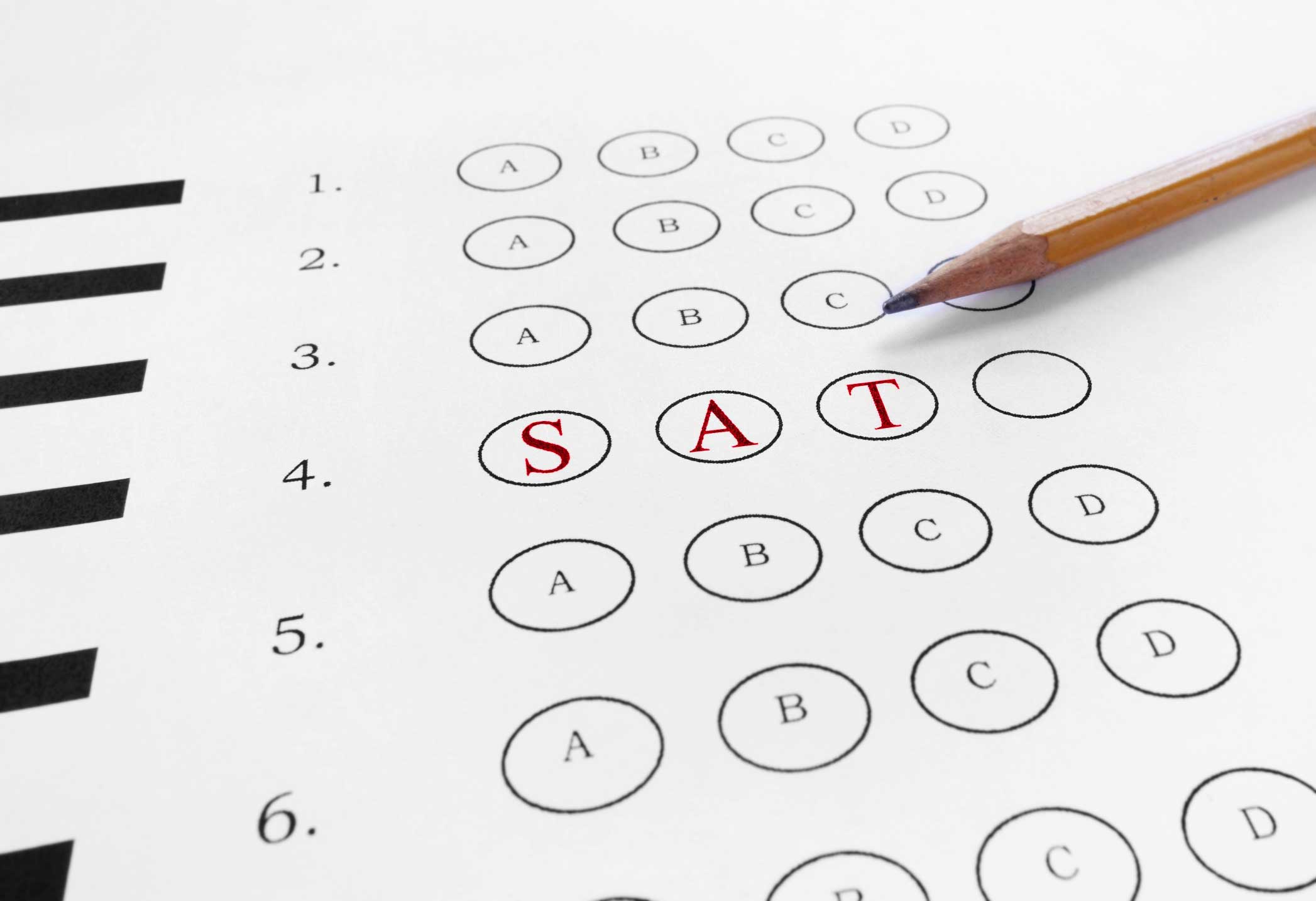GUIDO PETRI
Die SATs

In den 8 Monaten zwischen das Ende meines Abiturs in Brasilien (November 2013) und mein Studium in Deutschland (Juli 2014) habe ich die SATs geschrieben, sowohl um meine Fähigkeiten zu messen als auch aus Spaß. Ich habe sie am 3. Mai 2014 in der Escola Graduada in São Paulo geschrieben.
Die Prüfung war genau das, was ich erwartet habe. Ich hatte eigentlich sehr wenig dafür gelernt und hauptsächlich nur die "Frage des Tages" auf die CollegeBoard-Webseite benutzt, um mich an der Art der Fragen zu gewöhnen. Ich habe kein Zeitdruck gefühlt als ich die Prüfung geschrieben habe. Das schwierigste Teil war das Writing, da ich immer in dem Bereich Schwierigkeiten hatte, nicht nur auf Englisch sondern auch auf Portugiesisch und Deutsch.
Meine Ergebnisse waren 740 Reading; 800 Math; und 620 Writing, was heißt, eine Gesamtnote von 2160/2400 oder 1540/1600. Nach dieser Skala vom CollegeBoard bin ich also in den besten 2% der geprüften Studenten.
Hier habe ich meinen Essay der SATs abgeschrieben. Es ist auf Englisch, weil ich das Text nicht mit einer Übersetzung verändern wollte. Als ich das Text nach nur 2 Jahre wieder gelesen habe habe ich gemerkt, dass meine Meinung leicht verändert habe. Jedoch haben meine eigene Worte schon einen Überzeugungspotential.
Public opinion - the sum of the attitudes or beliefs held by a majority of the population - is primarily expressed through the media or public opinion polls. Leaders and politicians are often swayed by it, believing that public opinion is everything. Yet true leaders should not listen to what the public thinks; they should follow their own convictions, whether or not the majority of their fellow citizens agree with them.
Should leaders follow their own convictions or submit to public opinion? Plan and write an essay in which you develop your point of view on this issue. Support your position with reasoning and examples taken from your reading, studies, experience, or observations.
True leaders follow their own convictions, regardless of public opinion. It is often the case that public opinion is biased or unfair, and leaders of society should not follow these incorrect assumptions. An example of this is reverend Martin Luther king, Jr. and his fight for racial equality.
In the 60's, black people were often put at an unfair disadvantage when compared to caucasians. There were "colored" sections of the bus, "colored" restaurants and "colored" water fountains. Public opinion dictated that this segregation continue, but Martin Luther King, Jr. was strongly against this continued discrimination. He fought public opinion, believing that everyone should have equal rights, and nowadays we have a black president. The election of Barack Obama was proof that Martin Luther King's conviction that there should be racial equality has come true.
Public opinion is often based on past occurrences, and can easily be swayed by means of force. After World War II, several Germans admitted to being against Hitler's antisemitism and blatant violation of human rights, but public opinion during the war said that the Germans were all Nazis and agreed with Hitler's ideas. Several times, public opinion is incorrect not only from a public point of view but also from a humanitarian.
By following their own convictions, leaders guarantee that they will not be swayed or driven from their values by the public. If their convictions truly are correct, they will attain support, regardless of public opinion. Leaders must lead society to a more egalitarian state, not accept the status quo, just as Martin Luther King did in the 60's.


